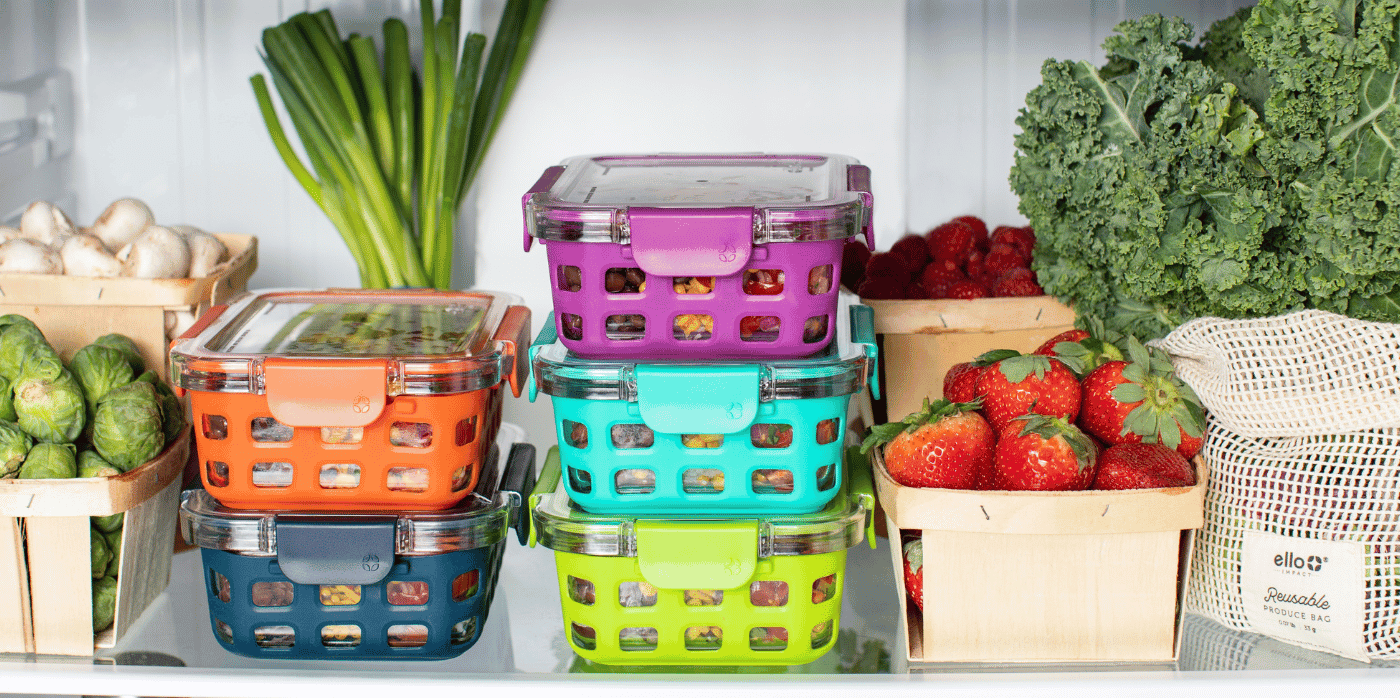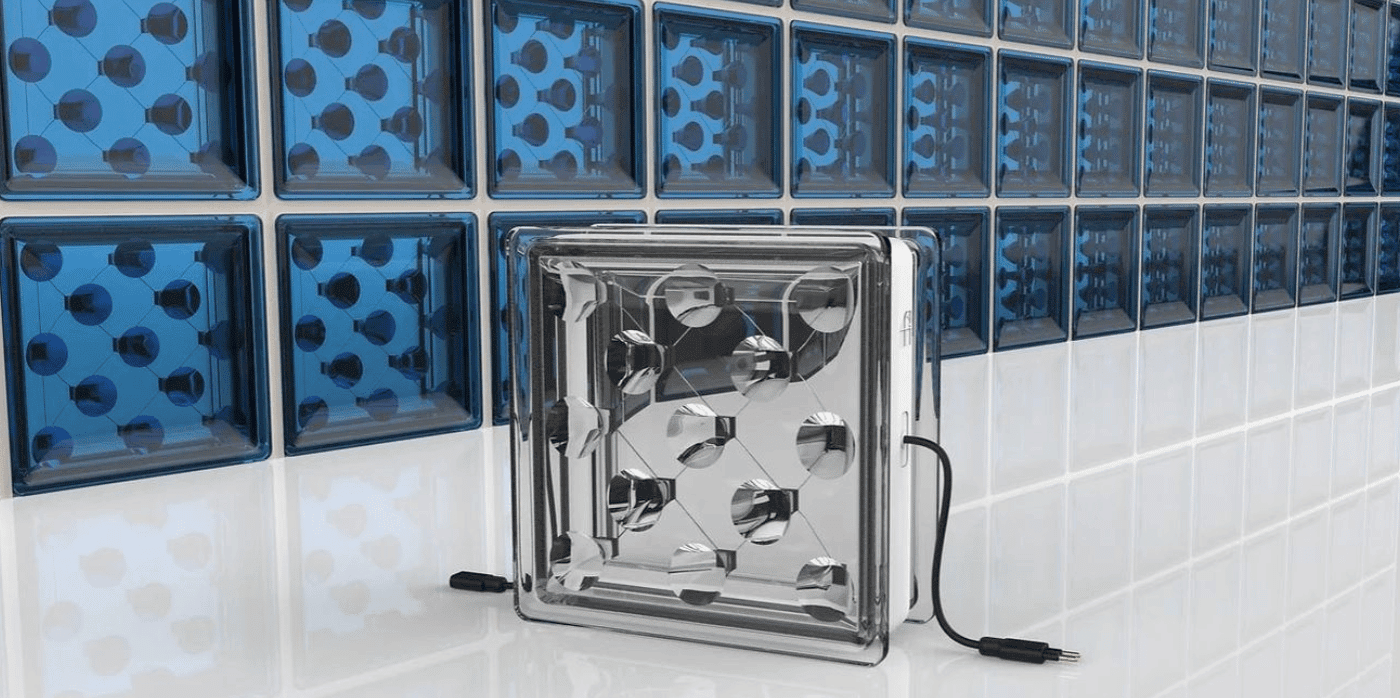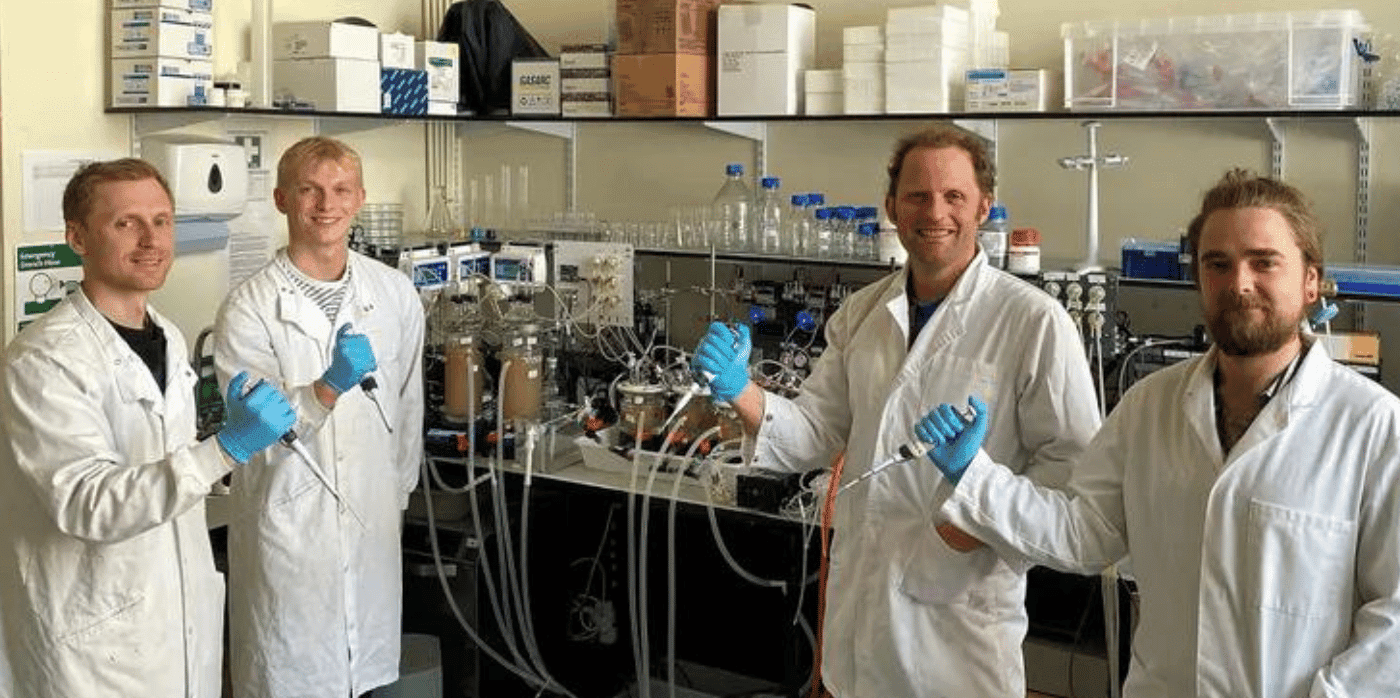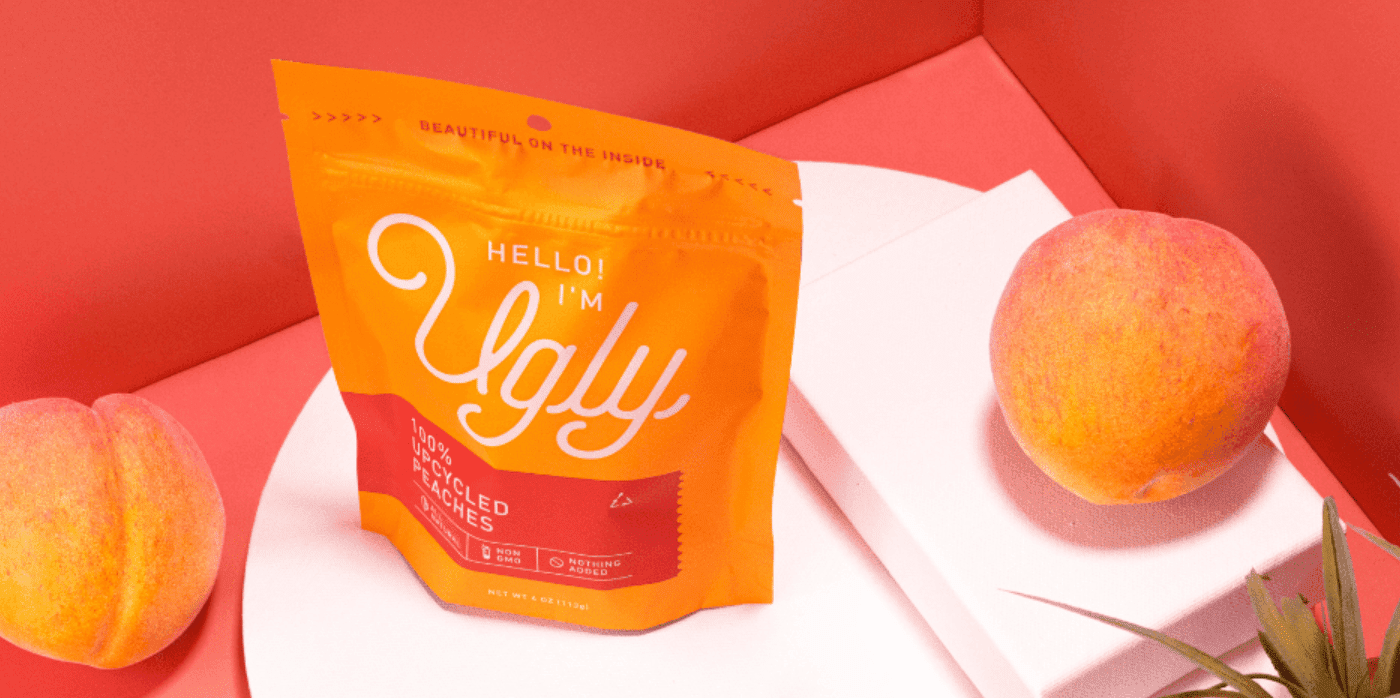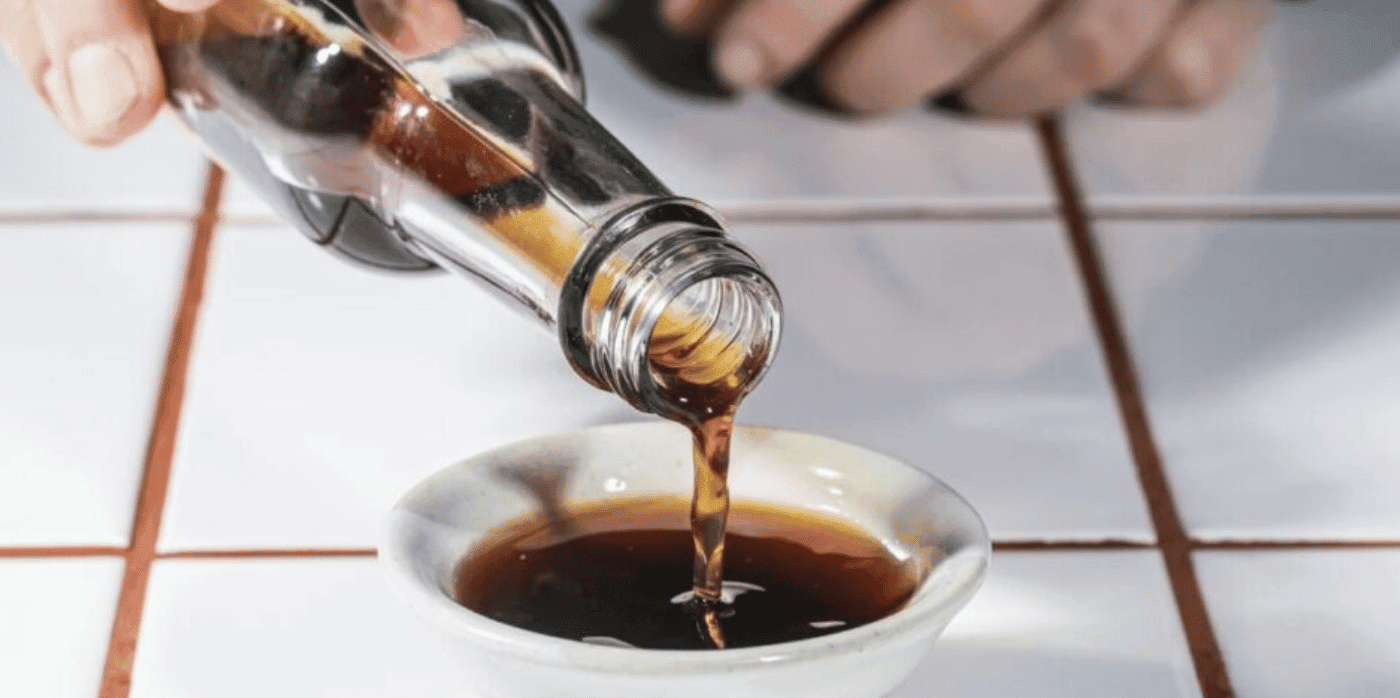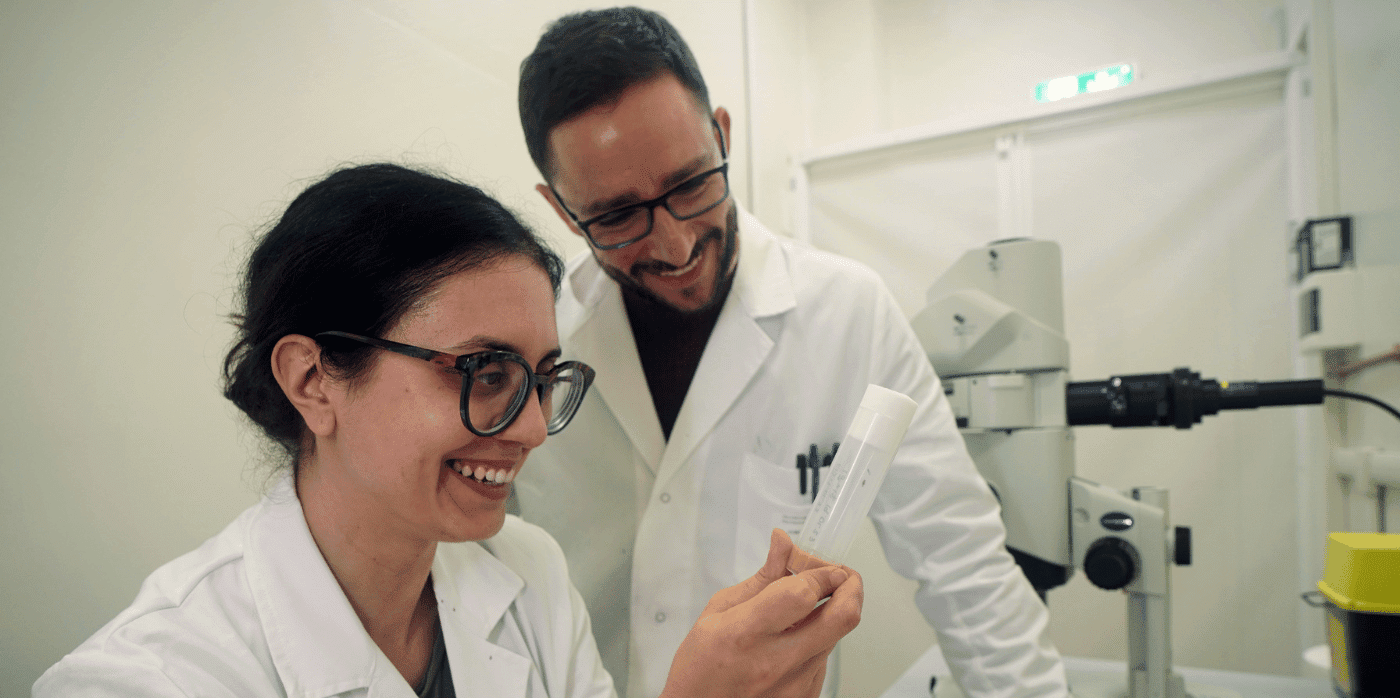Technology for monitoring cooling systems – Springwise

Spotted: Cooling, including refrigeration and heating, ventilation, and air conditioning (HVAC) systems, is essential for human health and food safety. It is also estimated to account for up to 10 per cent of global CO2 emissions. However, in industries such as food production and delivery, it is impossible to turn down the thermostat as products need to be kept at constant temperatures to avoid spoilage. But now there is a product that can help users save energy and reduce waste.
The Therma Cooling Intelligence Platform is a wireless system that uses artificial intelligence (AI) to monitor and optimise refrigeration and HVAC systems. It offers 24/7 temperature and humidity tracking, alerts users to faulty equipment, reduces energy consumption, and moves electricity usage to off-peak hours. Energy data is sent directly to a user-friendly dashboard, allowing operators to track energy bill savings and energy consumption, while empowering them to adjust usage as required.
As Therma founder and CEO, Manik Suri, points out: “The massive growth of refrigeration and air conditioning globally will greatly accelerate climate change unless we revolutionise cooling technologies.”
Therma’s system has already been deployed with more than a thousand customers across restaurants, hospitality, education, and food manufacturing, and the company recently completed a $19 million (around €17.9 million) funding round led by Zero Infinity Partners.
Therma° is not the only company working to reduce energy consumption. Springwise has spotted other innovations in this space, including solar powered refrigerated trucks, and an off-grid solar refrigerator.
Written By: Lisa Magloff

